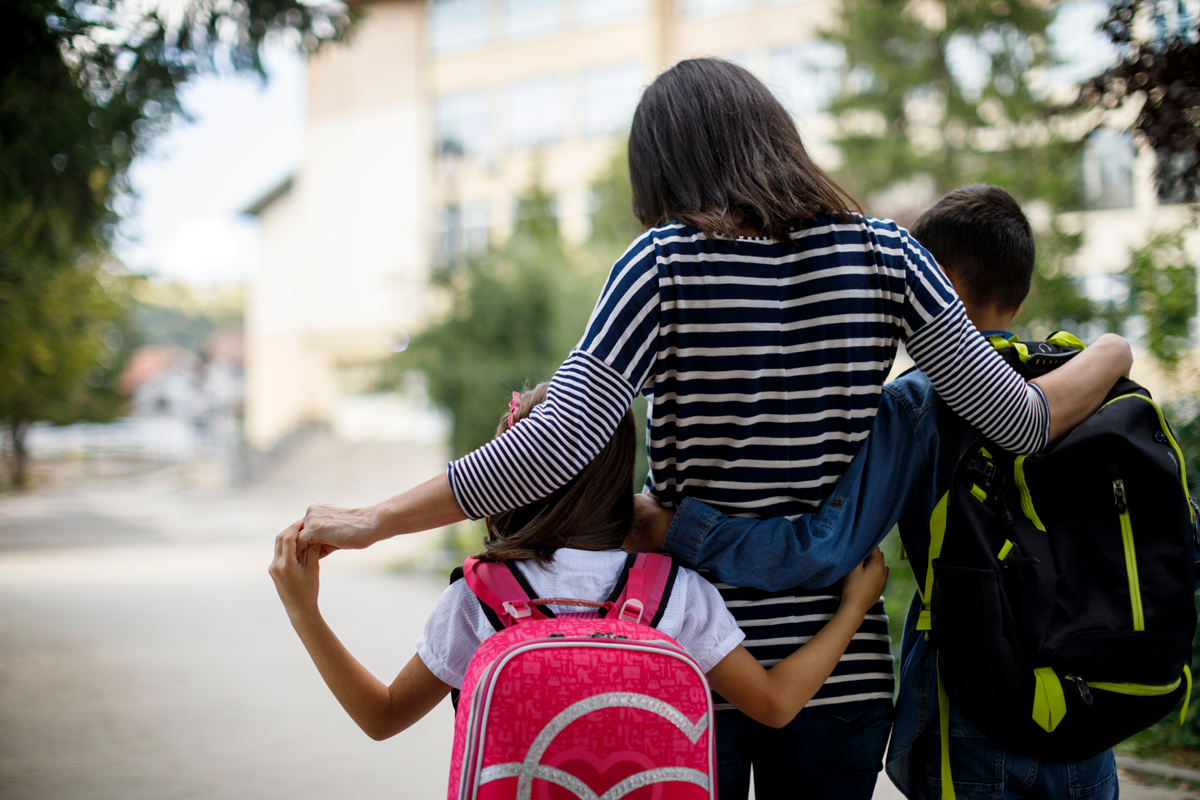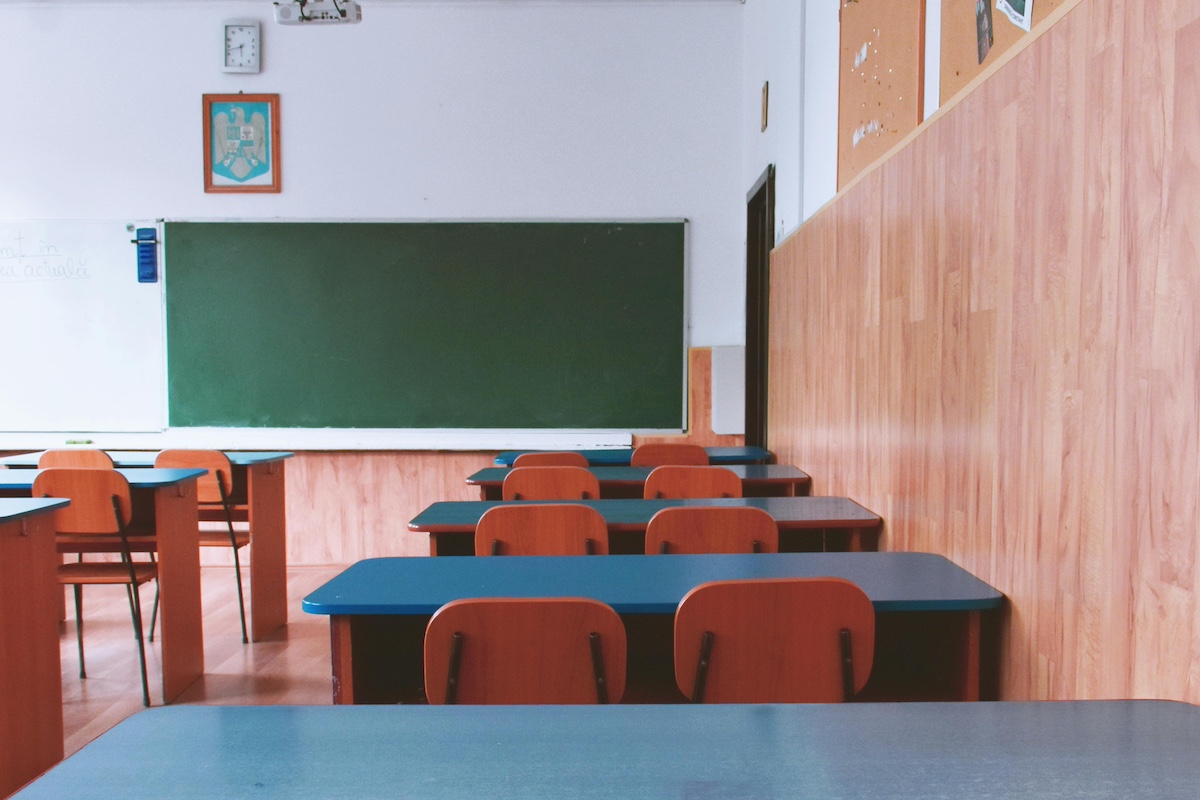As the parent of a school-age child, you may be thinking about charter schools for two reasons. First, when you consider the right school for your child, this could be in your option set. Second, you’re probably paying more attention to what’s going on with school policy. And in that space, it’s hard to miss charter school debates. There is disagreement both across and within political parties about whether charter schools should be expanded and whether they are good for kids, families, and school systems.
In contrast to many areas, there is actually some good data to speak to this particular question. Let’s take a look.
What is a charter school?
Charter schools are public schools that operate outside the organizational structure of the local school district. They use public funding, which is linked to the number of students they serve, and also sometimes rely on outside donations. Because they operate outside the school district rules, they have more flexibility in who they hire (including hiring non-union teachers), the length of the school day, and the curriculum, among other things.
Some charter schools are operated by larger networks (like Success Academy and KIPP), and others are independent. Charter schools have been more prevalent in large urban areas than outside, though in general they have grown in popularity and importance over time.
Students choose to attend charter schools. In most cases, if more students apply than there are spaces in the school, spots are allocated randomly by lottery.

Broadly, policy arguments for charter schools rely on the idea that they increase parental choice and may provide a higher-quality education. Policy arguments against them tend to focus on concerns that they might make traditional public schools worse (by “cream-skimming” the best students) or may actually provide a worse education due to less oversight. There are also concerns about funding — when students move to charter schools, that removes funding from public schools in most cases, as their number of students falls. They often end up with more funding per student but less funding overall.
What are the impacts of charter schools?
You cannot learn the impact of charter schools on students by simply comparing students who go to charter schools with those who do not. This is because of the problem of selection: these groups of students may be different, in ways that we observe and ways we do not observe.
Instead, studies of the impact of charter schools rely on the lotteries that are used to admit students when there are too many applicants. Because the lottery is random, if you take the group of kids who apply and are admitted and you compare them with the group who apply and are not admitted, you can be confident that these groups are similar other than the fact that one group got into the school and one did not. If you later compare their outcomes (say, test scores), it is possible to make a causal argument that any impacts are due to the charter school.
There are many individual academic papers that use this approach. An excellent summary from 2016 brings them together. On average, these studies find that students who end up in charter schools have higher test scores. In papers that focus on large urban school districts — Boston, New York — these impacts are large, on the order of 0.2 to 0.3 standard deviations. When researchers look at a broader set of schools, the impacts are also positive but smaller. It seems to be the case that charters are more neutral, or even sometimes negative, in suburban districts.
The researchers suggest a reason for this: what matters for the impact of charters is, at least in part, the quality of the surrounding school district. The positive effects seem to be largest when the local public school district is worse.
We have less evidence on the impacts of charter schools on the districts that they pull students from, but in the evidence we do have, it does not appear that charter schools negatively affect the district they pull students from. If anything, the effects may be positive. This could happen for a variety of reasons. The most obvious one is that the presence of the charter school may increase competition and spur local schools to improve, perhaps by learning from some of the activities of the charters.
The bottom line is the data strongly suggests that, from an overall policy perspective, charter schools are a good thing. This is especially true in poorly performing school districts. They provide improved outcomes for the children who attend them, with no loss and possibly gains to students who do not.
Should my child go to a charter school?
I don’t know! What we learn from data like this is the impact of charter schools, on average, for the kids who choose to apply to them. These facts are extremely useful for developing policy, where we do care about serving the average, but it’s less directly applicable for choosing a school for a particular child.
There is one thing you can clearly take from the data, which is that the value of a charter school differs based on your local public school quality. If you live in an excellent public school district, the average benefit is smaller.
Beyond that, much of the choice should be about how the school feels to you and your child and whether the logistics work. Charter schools tend to have a longer school day and sometimes stronger behavioral expectations — there are often greater consequences for acting out. This works great for a lot of kids, but not for all. There is no substitute for evaluating the value to your own particular kid.
And remember: no choice is forever. If you do choose a charter, or you choose something else, it’s always valuable to put in place a plan to revisit and evaluate once you know more.
The bottom line
- Charter schools are public schools that operate outside the organizational structure of the local school district. They use public funding (which is tied to enrollment) and sometimes outside donations. They often have longer school days and sometimes stronger behavioral expectations than public schools.
- From a policy perspective, charter schools are a good thing. Studies show that charter schools improve student outcomes, especially in low-performing districts, with no negative effects on surrounding public schools. If anything, those effects may be positive.
- When deciding whether or not your child should go to a charter school, keep in mind that the value of a charter school differs based on your local public school quality. If you live in an excellent public school district, the average benefit is smaller.















Log in